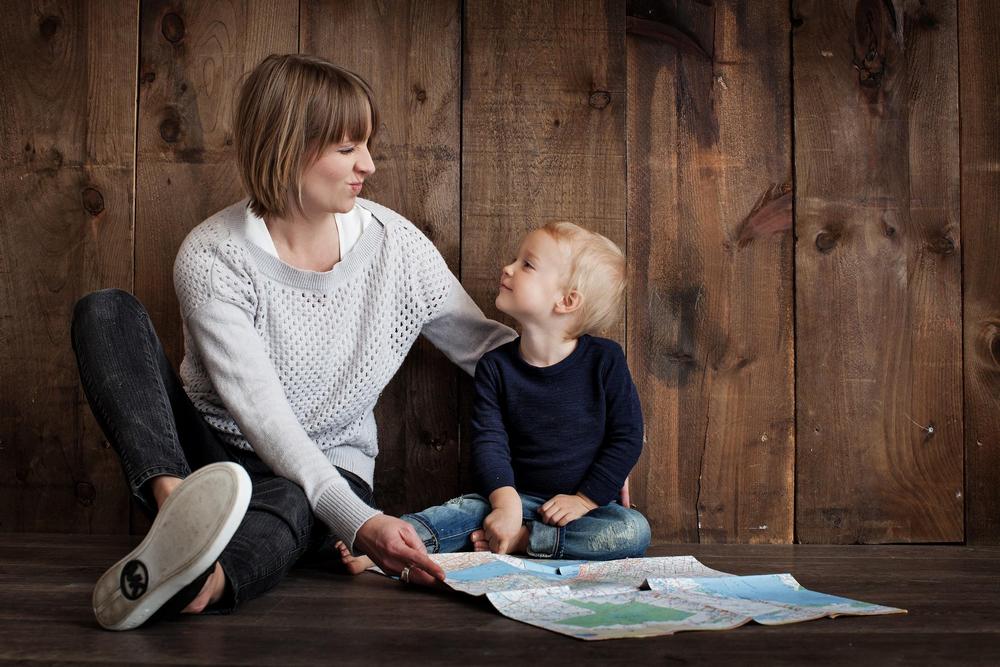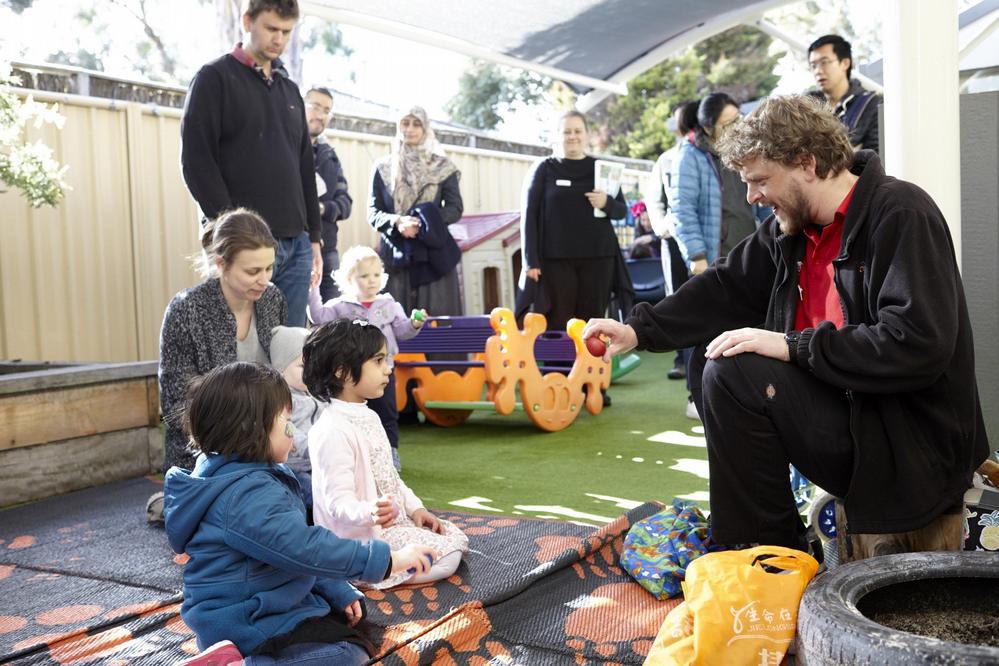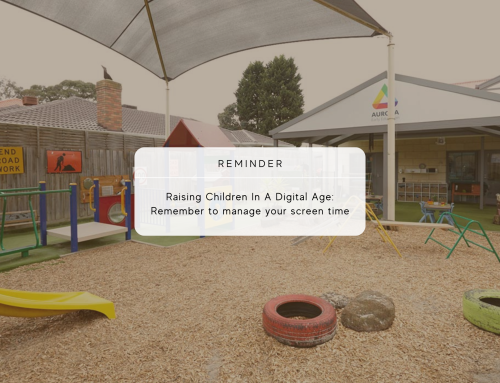Our children’s voices are at the center of everything we do at Aurora Early Childcare. We see our children as capable and confident individuals who have the right to influence their routines and their learning. This approach is supported by the Early Years Learning Framework (EYLF), the United Nations Convention on Rights of the Child (CRC) and the Aurora Curriculum and philosophy.
This approach is also reflected in the updated statement of the Australian Research Alliance for Children and Youth (ARACY). This statement declares that children are competent research participants as their inputs would be instrumental to the outcomes of projects especially those affecting children directly.
The Main Findings of ARACY Statement:
- Children are capable research participants.
- Children have a right to have a say in issues that affect them.
- Participation of children and young people is a key pillar of well-being based on over 3000 consultations with the sample in Australia.
- Children’s inputs benefit children directly and the overall project outcome.
- Communication in both directions is highly important to improve the feeling of inclusion and family reliability.
- The ARACY are striving to provide information accessible to children, young people, and their families to better their involvement in decision-making discussions.
The findings of this article relate to aspects of our Aurora’s Children’s Advisory Board (CAB) as we aim to draw attention to our children’s voices especially when making decisions that directly impact them.
Aurora’s CAB consists of a group of children at each centre from our kinder and pre-kinder meeting a few times each year to discuss different decisions that need to be made, for instance, toys or classroom rules that the children would prefer to have at our Childcare Centre in Melbourne CBD and Childcare Centre in Doncaster. Having a CAB in place gives our children an opportunity to inform decision-making and aids our children in building their own sense of agency, responsibility, and identity.
We encourage our families and our community to carry this approach into children’s homes and play spaces.
Ways families can prompt children’s agency at home.
There are many benefits to placing children at the centre of the conversation as it helps us and them identify their strengths and work collaboratively using them to aid decision making and other situations. Moreover, it helps older family members learn more about the children’s feelings and how they can feel more comfortable in various instances.

For one, wwe can regularly ask the children how they feel about something even if it is just being considered. This of course applies to topics that will directly impact the children and is of interest to them. Doing so will help parents and families to form an opinion on something affecting their child in the moments leading up to a proper discussion.
The second way we can carry forward children’s agency at home is to set up family discussions whereby all concerned family members gather to discuss important topics and the decisions that need to be made. And as part of that, include the child in the discussion inviting their thoughts on a certain issue and review the roles and responsibilities everyone has as a family no matter how big or small.
Another way we can encourage children to participate in decision making at home is to let them observe how families come to a consensus on a light topic that may not directly affect them but involves them in some way. This helps children become more prone to coming to a conclusion as they have seen it happen openly at home. Therefore, if children do not always know what they want, let them observe some decision-making processes so they know how to contribute the next time.

Additionally, having casual conversations with children, finding out their personal preferences and thoughts on particular things, and actually listening to them when they express themselves is a great way they can influence family decision making. They may not know at the time, but once the family has come to a decision with help from their input, the children can then later be remunerated for sharing their thoughts and feelings and actually having a say in something relating to them and their family.
On the whole, we should appreciate our children’s voices more as there are significant advantages to involving them in decision-making discussions at home and we can always learn more from and about them through this. Therefore, including them in most discussions will help unify the family and bring them closer in their bond with each other.
Sources:
https://thesector.com.au/2019/11/20/aracy-issues-childrens-voice-position-statement/
https://www.aracy.org.au/publications-resources/area?command=record&id=273





